“What would be your TOP 3 choices for exercises that literally affect mental toughness the most?”
– Emil
This is a tough question!
I’m going to take a slightly different track and mention top three CATEGORIES of exercises as I think that may be more helpful.
- Endurance (Can Always Do One More)
- Strength-Endurance
- Partials/Supports
Let’s take each one in turn to explain more, also giving my specific exercises within that category.
Endurance – Can Always Do One More
A long time ago I was first getting into bodyweight squatting, specifically Hindu squats.
In talking about this with friends, one of them said he could do 500 squats non-stop. (This was before I had achieved that milestone.) No way we said! In fact, we bet money that he couldn’t.
But, to our amazement he cranked through and did it.
While he was sore for almost a week afterward because he mentally toughed it out, it was worth losing the money to me.
It helped shift my mindset.
I accomplished a single set of 500 squats not too long after that. Working up to it a bit more smartly than he did but with less self-imposed limitations present.
I recognized that when you’re at a certain level of strength, you can always do one more.
Now, bodyweight squats is just one exercise where this takes place.
Other examples would include running (you can always do one more step) and light kettlebell swings (see Bud Jeffries doing thousands of reps).
Plenty of other exercises can fit here. Bikes, rowing, squat thrusts even Battling Ropes. It depends on your level of strength and conditioning.
More important than the exercise itself is the concept.
This is amazing for mental toughness because physically you can always do one more. Therefore, it is completely a mental and emotional game.
It’s all about mental toughness. (Of course, be careful of the dark side as I’ve been talking about!)
A good place to get started is with bodyweight squats. Building up to hundreds of reps is covered inside The Ultimate Guide to Bodyweight Squats and Pistols 2nd Edition which is half off right now.
Strength-Endurance
The key here is that there is more of a strength component. Most importantly, to differentiate it from the above, you physically CAN’T always do one more!
There are a wide variety of exercises that fit into this place. Some of my favorites include
- Kettlebell Swings
- Kettlebell Snatches
- Kettlebell Jerks
- Burpees
- Sprints (especially Hill Sprints)
- Farmer Walks
- Yoke Walks
- Any Sort of Weighted Carry
- Barbell Complexes
- High Rep Barbell Squats or Deadlifts
Girevoy Sport, that is with kettlebells, is a crazy mental toughness sport! It’s ten minutes of hitting as many reps as possible. It’s largely about simply lasting that long.
Hill sprints are a big favorite of mine. While short in duration (typically 30 seconds, though certainly modifiable), you can always push yourself just a bit harder. Great for mental toughness in that way.
And carrying weights of all types is also great for mental toughness. You can often just do one more step, but depending on how heavy this gets, not always.
I would add to this any circuit form of training that aims at metabolic conditioning. You’re exerting strength but back to back to back in a way that jacks up your heart rate and breathing.
The category of strength-endurance is important for mental toughness because it is hard in two ways. It takes both strength and it takes endurance. While it could either be strength or endurance that ultimately fails, both can be hard.
In that way it takes doubly more mental toughness to keep going.
Sometimes this may involve breaks between sets, or not. Both are good. The latter is straight through tough, while the former gives you multiple sets in which to exercise your mental toughness.
Many of my courses cover strength-endurance in this way:
Kettlebell Snatch Domination
The Ultimate Guide to Bodyweight Conditioning Exercises
Strengthen Your Structure
Notice that as you progress in your strength, your conditioning and your mental toughness the lines begin to blur between these two categories.
Partials/Supports
This is an area that is more outside the box, but hey, I’m known for that.
A support is an isometric where you’re simply supporting a large load on top of you. A partial is a partial range of motion in a lift, and specifically, here I’m referring to the top range of motion where it is close to a support.
These take extensive weights to do.
The reason I’m talking about these here is that it takes a special kind of mental toughness to lift weights that make your bones creak.
Yes, the muscles are important. But how many people are actively training their bones?
The bones, being the deepest or internal part of you, speaks to something about building a deep mental toughness.
It might be a metaphor, but I think it’s more than a metaphor. Heavy-duty partials and supports…are character building!
In other words, these are not for the faint of heart.
Whether you’re going for max singles or high reps (yep, you can work endurance with these too, compounding the toughness effects!), these take a special kind of mental toughness.
While I mention this inside of Deceptive Strength, they’re covered more extensively inside of Strengthen Your Structure.
All 3 Are Important
I wanted to give this range of endurance, strength-endurance and partials/supports because I believe that all three are important.
Some people may be really tough in one category but not the others. For example, I know ultra-marathoners that may obviously have tremendous toughness in their chosen area. But they just might crumble in other areas.
Understand that this can be because we have different thoughts and feelings about different things. This is due to the self-reflexive components of mental toughness. Hence, toughness in one area does not automatically make you mentally tough everywhere.
Diversity of your mental toughness matters.
Yet, the more places you do have it, the more likely it is to generalize to everything!
Therefore, if we’re using physical exercise to enhance mental toughness then it’s good to round it out in different areas.
My challenge to you is to hit all three of these categories. Not necessarily all at once (the principle of rotation over time applies here), but over time.

